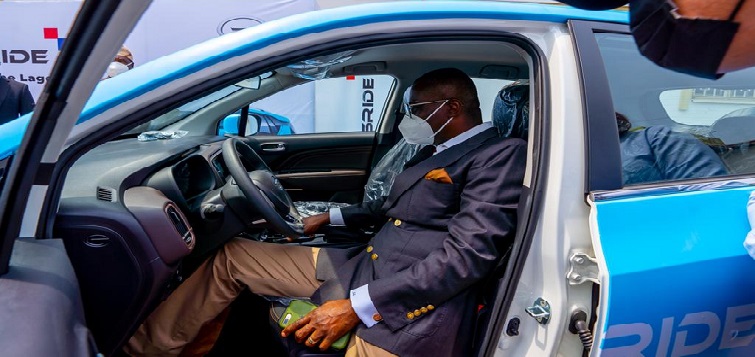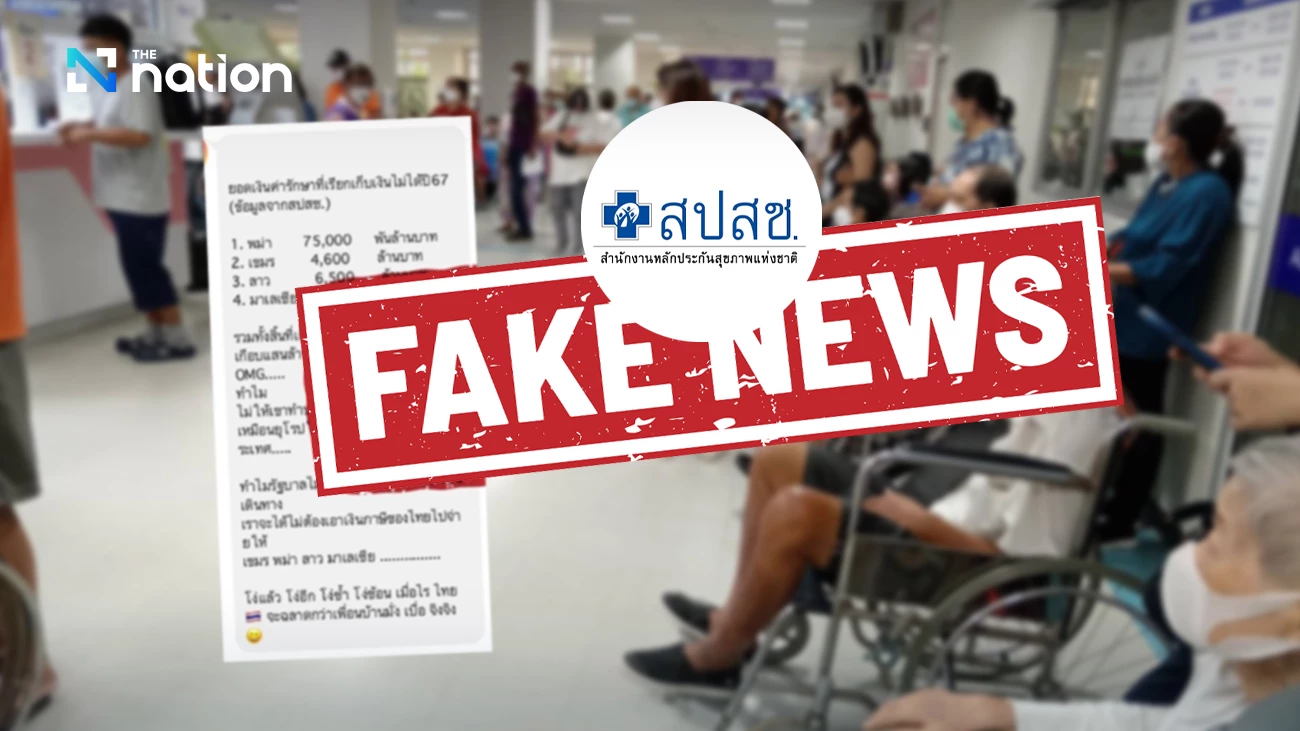ASEAN Diplomacy on Knife-Edge: Thai-Cambodian Border Crisis Escalates Amid Accusations and Landmine Disputes

Tensions between Thailand and Cambodia remain high, marked by ongoing border disputes, allegations of ceasefire violations, and a significant struggle against disinformation, despite recent diplomatic engagements. Thailand's Ministry of Foreign Affairs (MFA) firmly rejected claims circulating on social media, reportedly cited by Cambodia’s Minister of Information, that Thailand was planning to assassinate Cambodian leaders Hun Sen and Hun Manet. Nikorndej Balankura, Director-General of the Department of Information and Spokesperson for the MFA, labeled these accusations as entirely unfounded, defamatory, and aimed at undermining the General Border Committee (GBC) discussions between the two nations.
A critical point of contention revolves around the border area, particularly the long-standing issue of Ban Nong Chan village in Sa Kaeo province. Thailand asserts that Cambodia betrayed Thai hospitality and humanitarian aid by establishing a community on Thai soil at Ban Nong Chan. This area was initially a temporary shelter for Cambodians fleeing civil war in 1977. According to Thailand, Cambodia exploited this humanitarian gesture to encroach upon Thai territory, with refugees refusing to return home and instead expanding their settlements, now encompassing nearly 200 new homes, and claiming the land as Cambodian sovereign territory. This narrative was presented by Thai government spokesman Jirayu Houngsub, who responded to allegations from an American lobbyist hired by the Cambodian government, which claimed Thai troops blocked Cambodians from returning home with razor wire. Thailand insists the razor wire was erected within its own boundaries to protect against further encroachment and landmine attacks by Cambodian troops, upholding the GBC agreement that neither side would construct structures outside their territories.
Further aggravating the situation are persistent allegations of ceasefire breaches by Cambodia, despite a 13-point ceasefire agreement signed during the GBC meeting in Malaysia on August 7. Nikorndej Balankura of the Thai MFA accused Phnom Penh of a sustained disinformation campaign and of undertaking actions that contradict their public commitment to peace. Alleged ceasefire violations by Cambodia include laying new landmines, using drones for harassment, inciting their own citizens to protest at the border, and deploying powerful improvised explosive devices (IEDs) on the Thai side of the frontier.
In response to these complex challenges, international observation teams have been deployed. The Royal Thai Army (RTA) is leading the ASEAN Interim Observation Team (IOT) to visit the Thai-Cambodian border, with a mission to monitor alleged breaches of international law and ceasefire conditions. Prior visits by ASEAN envoys and representatives from countries ratifying the Ottawa Convention, which bans landmines, provided evidence of anti-personnel mines allegedly laid by Cambodian troops in Si Sa Ket province, where envoys spoke directly with affected residents. Additionally, representatives from the International Committee of the Red Cross (ICRC) assessed the humanitarian impact of cross-border attacks on civilians in Surin, Si Sa Ket, and Ubon Ratchathani provinces, with a confidential report to be submitted to both governments.
The propagation of false information has emerged as a significant impediment to resolution. The Ministry of Digital Economy and Society (DES) reported that eight out of the top ten fake news items last week were directly related to the Thai-Cambodian border conflict, highlighting the role of information warfare in exacerbating tensions. Amidst this backdrop, Acting Prime Minister Phumtham recently met with a US congressional delegation to discuss regional developments, including the Thai-Cambodian border conflict. Phumtham emphasized the necessity of fighting with truth, not information warfare, to achieve a resolution. He confirmed discussing Cambodian mine-laying activities with the US lawmakers, stressing that addressing landmine deployment and the issue of barbed-wire fences in Thai territory were immediate priorities. The US delegation is scheduled to visit the border conflict zone, and further talks between Thailand and Cambodia are anticipated to resume on September 10, underscoring the ongoing diplomatic efforts to find peaceful solutions that prioritize the lives of affected populations.
You may also like...
Royal Spectacle: Trump's Buckingham Palace State Banquet Unveiled, From Menu Secrets to Dazzling Gowns

US President Donald Trump and First Lady Melania were honored with a lavish state banquet at Windsor Castle, hosted by K...
Celebrity Couple Regina & Victor Tie the Knot in a Chic Intimate Civil Wedding!

Regina and Victor celebrated their intimate civil wedding, exchanging vows in a serene courtroom. The Cameroonian bride ...
Cardi B's Big Reveal: Baby No. 4 on the Way for the Superstar Rapper!

Rapper Cardi B has officially announced she is pregnant with her fourth child, her first with boyfriend and New England ...
Zimbabwe's Sanctions Saga: US U-Turn Bid Faces Analyst Scrutiny

A new Bill introduced in the US House of Representatives proposes the repeal of the nearly 25-year-old Zimbabwe Democrac...
Empty Stomach Orange Juice: Uncovering its Surprising Health Effects
:max_bytes(150000):strip_icc()/Health-GettyImages-1292399655-860b8f2a8e3b4d0f968a6892d6bd78d7.jpg)
Discover the surprising pros and cons of drinking orange juice on an empty stomach. While it offers a quick energy boost...
AI Security Firm 'Irregular' Raises $80M to Bulletproof Frontier Models

AI security firm Irregular has secured $80 million in new funding, valuing the company at $450 million. Specializing in ...
Netflix Goes Hyper-Affordable with New ₦1,200/Month Mobile Plan

Netflix introduces an affordable mobile plan in Nigeria and 42 other sub-Saharan African countries, drastically cutting ...
Ride-Sharing Crisis: Lagos Drivers Fear Job Loss Over New Scheme!

The Lagos State government is launching "Lagos Ride," a new e-hailing scheme with 1,000 SUVs, in partnership with CIG Mo...
